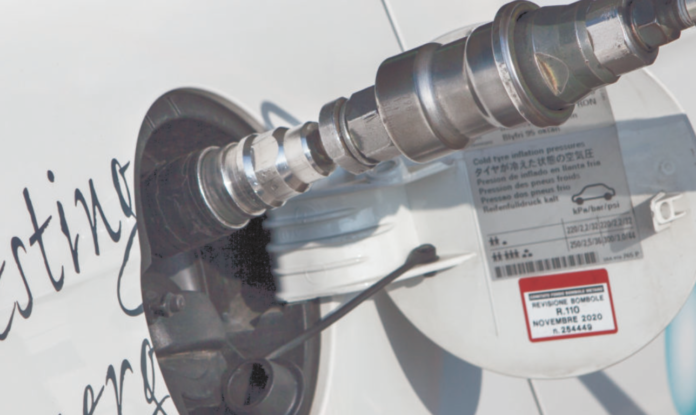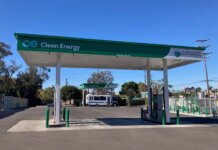Bioenergy DevCo (BDC), a global developer of anaerobic digestion facilities, has entered into an agreement with Chesapeake Utilities Corp., an NYSE-listed diversified energy company, on a project to remove excess organics from the poultry industry and convert it into renewable natural gas (RNG).
The intent is for BDC and Chesapeake Utilities affiliates Eastern Shore Natural Gas, Chesapeake Utilities and Marlin Gas Services, to collaborate on this project in addition to several other project sites where organic waste can be converted into a carbon-negative energy source. Beyond the environmental and energy benefits, this project will also support the economy in the Delmarva region of Delaware.
The resources generated from organic material at BDC’s anaerobic digestion facilities, known as the Bioenergy Innovation Center, will be processed by Chesapeake Utilities, and Eastern Shore Natural Gas and Marlin Gas Services will facilitate the transport and receipt of RNG for multiple suppliers through its interconnect facility and equipment. Marlin Gas Services will transport the sustainable fuel to Eastern Shore Natural Gas, Chesapeake Utilities’ interstate pipeline, where it will be introduced to the utility’s own distribution system and ultimately distributed to its natural gas customers. This project provides the opportunity for Chesapeake Utilities to maintain the green attributes of the RNG by distributing the gas to its own natural gas distribution customers.
“Chesapeake Utilities Corp., by working together with municipalities and the food-industry, understands that digesting organics is a solution that creates a sustainable, environmentally-friendly supply of RNG while also helping to solve major waste management problems,” says Shawn Kreloff, CEO of Bioenergy.
“Recent estimates have shown that turning agricultural waste and excess organics from the poultry industry into truly RNG could replace 7 billion gallons of diesel fuel and generate 70,000 new jobs. Companies that embrace utility-scale anaerobic digestion, like Chesapeake Utilities Corp., are on the forefront of a revolution in waste and energy infrastructure innovation,” he adds.
Anaerobic digesters use naturally occurring microbes to break down food waste into biogas and an organic soil amendment used by farmers. This waste would otherwise be sent to a landfill where it would decompose and release greenhouse gases, or it would be incinerated, contributing to air pollution. Anaerobic digestion sequesters and transforms this waste, reducing the burden on local infrastructure and providing a source for renewable energy.
Throughout the partnership, BDC and Chesapeake Utilities Corp. aim to jointly pursue a set of additional project sites to maximize the potential for RNG. BDC’s digester technology is designed to optimize the quantity and quality of RNG created, using a data-driven process that ensures reliable utility-grade gas production. This scientific approach is backed by BDC’s 22 years of experience managing complex anaerobic digesters around the globe.
Photo: BDC’s Renewable Natural Gas web page







